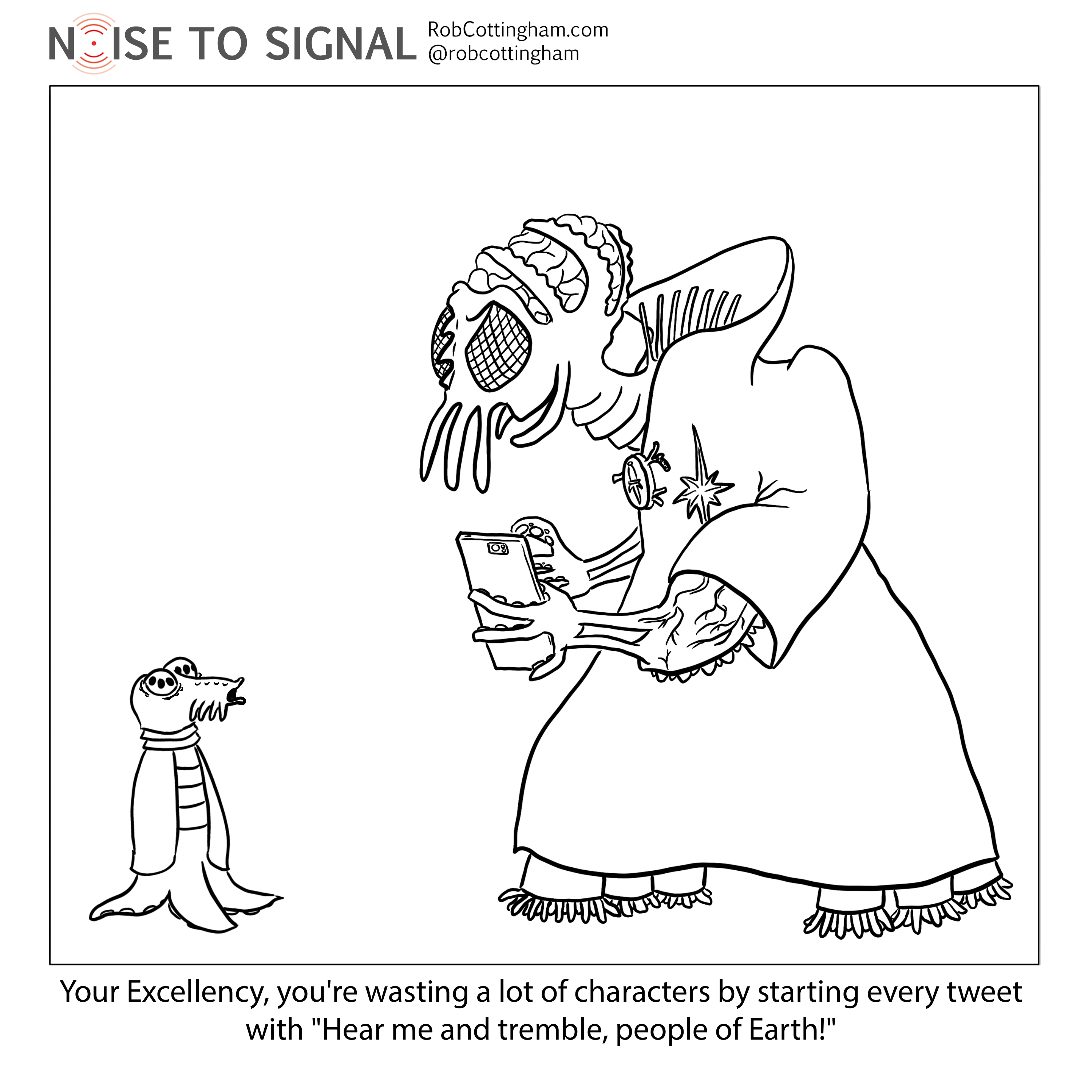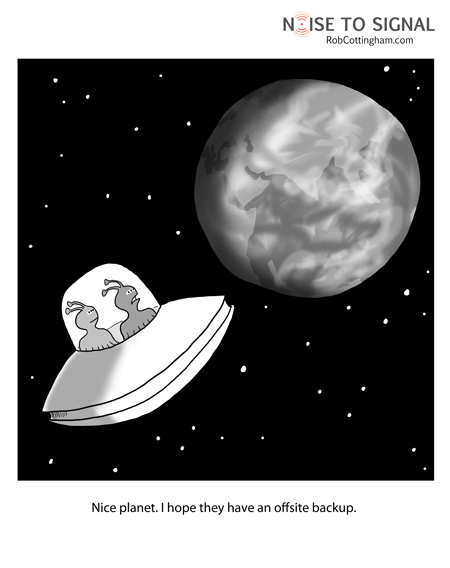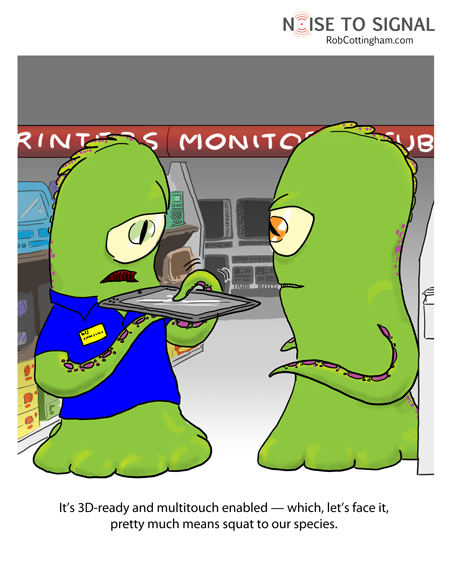There was a time when social media advice was pretty simple. Be authentic and honest. Try to provide something of value to your audience. Listen more than you speak, and aim for conversation, not broadcast.
And minimize your character count on Twitter.
Today, simple isn’t really the word for social media or the Internet as a whole any more. “Raging bonfire of complexity” comes to mind. (So does “algorithm-driven profit-motivated undermining of civil society,” but let’s set that one aside for now.)
Thing is, I’m still something of a social media idealist. So I still recommend authenticity and honesty; sharing something of your inner life with the world; providing value; listening and conversing. But I also recommend doing it strategically, with tangible, specific goals in mind. Maybe it’s to connect with people, to make them laugh, to entertain yourself, to promote your skills to potential clients or employers, or to change the world in some way. Without goals, it’s easy to spin your wheels on social media for hours on end, achieving very little other than a headache, a drop in self-esteem and a marginal increase in Mark Zuckerberg’s net worth.
And about that last part, changing the world in some way: Don’t sell it short. My latest podcast episode talks about this. In a time of massive existential threats to civil society and our own survival, speakers who can command audiences have a responsibility to take a stand on those issues. As much as we might like to leave it to the experts, the experts are being shouted down.
Same for social media, maybe even more so. If you can build an audience and command attention online, you have the opportunity to use it for good… and arguably more than just an opportunity. As I put it in the episode, with great platform comes great responsibility.
Maybe together, we can not only save the planet, but make it one worth conquering.



